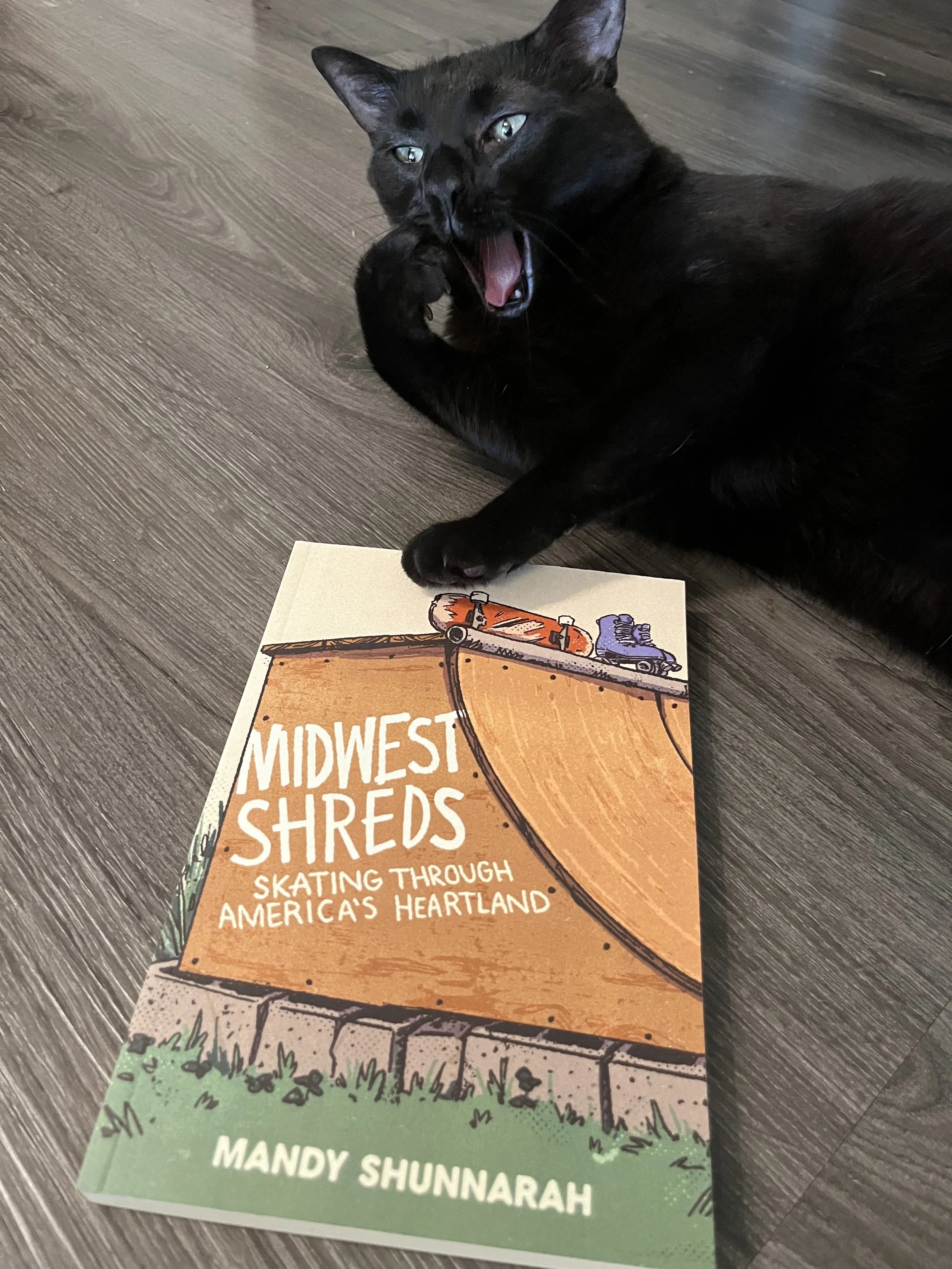The One Piece of Writing Advice That Really Stuck With Me
I can teach you how to write, but I can't teach you how to have anything to say.
When you're inundated with information---how to's, recipes, tips, "hacks"---on a daily basis, it's a wonder anything sticks. The same is true for books, to a degree. I fear I've forgotten far more information that I'm currently able to recall. But out of all the writing advice I've read, there's one piece that has really stuck with me.
I read This Is the Story of a Happy Marriage by Ann Patchett, where an early portion is dedicated to essays on her writing life. She discusses writing her first novel, The Patron Saint of Liars, and being a student of the Iowa Writers Workshop, widely regarded as the best MFA program in the country.
She went on to discuss the dichotomy between two creative writing professors she had. One fit the picture of the good professor perfectly: always offering constructive criticism with respect, keeping his office hours with vigilance, and constantly available for help outside the classroom. The other was the opposite: canceling class last minute, frequently missing appointments with students or letting them run late, and offering critiques in a way that made you wonder if she was really listening.
You would think the choice is clear. The first professor sounds like he'd be more equipped to teach students the art of writing. But Ann said such was not the case.
The latter professor was canceling class to catch a flight to Venezuela to join human rights protests. She missed appointments with students because she was engaged in good conversation elsewhere, and ran late with meetings because students knew that if they needed to break down, hers was the office to cry in. Her critiques made you wonder if she was really listening to your writing because she was waiting for your writing to grab her, to enrapture her, as all good writing should.
In the end, it was this professor who told Ann, "I can teach you how to write, but I can't teach you how to have anything to say." This professor, a visiting writer and not a permanent fixture on campus, encouraged her students to gather all the experiences they could, not just hole themselves up in a room to write. She encouraged her students to live, because without truly living there can be nothing worth saying.
The image of the writer crouched over a desk in the attic, writing furiously as the day winds to a close, pen scribbling like the legs of a desperate hermit crab is not one that I want to emulate. I don't want to carry my house on my back---I want to find my home out in the world.
I find that I frequently meet writers, and good writers at that, who feel they have to sacrifice themselves on the altar of word count. They don't feel they've really written until they've written a certain (arbitrary, self-imposed) number of words, and perhaps snubbed their partners, families, friends, pets, and social life to do so. Our imaginations are not inexhaustible. They need nutrients---the kind that only experience can provide.
Writing is hard, like most any job worth having, but it's not meant to be a prison sentence. Yes, write, but also live. That's the only way to have something worth writing about.

















